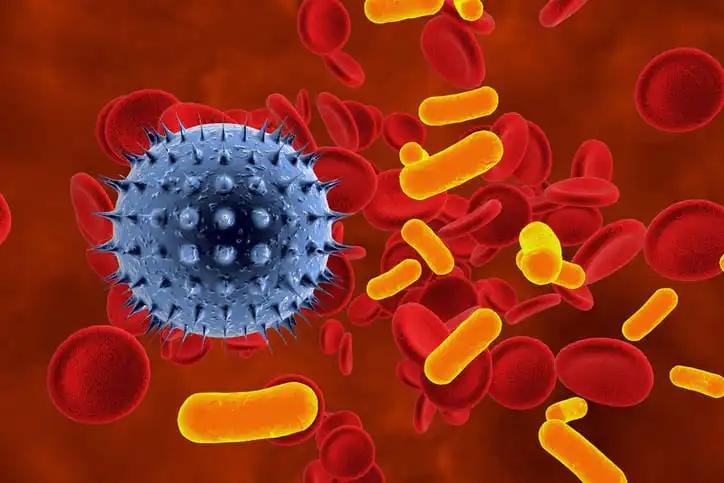KEY TAKEAWAYS
- An interventional trial aimed to hypothesize that MRD could be safely and practically given alongside curative-intent radiation therapy.
- The primary endpoint was the rate of grade 3 or higher acute and late toxicities over 12 months.
- The study found MRD was safe with thoracic or abdominopelvic RT, but the diet was challenging and unacceptable to most pts.
Methionine is essential for cancer cell growth, but not normal cells. Methionine restricted diet (MRD) enhances radiosensitization in vitro and in vivo but has not been tested in humans. Researchers aimed to hypothesize that MRD could be safely and practically given alongside curative-intent radiation therapy (RT).
The study included pts with non-skin cancer undergoing standard RT without concurrent chemotherapy. They followed MRD, including low-protein cereals, fruits, vegetables, and simple carbohydrates. A personalized meal plan, designed by a clinical dietician, aimed to limit methionine intake to 5-10 mg/kg body weight/day while maintaining protein and calorie intake. Patients(pts) had access to a methionine-free protein supplement to prevent hunger and weight loss. The MRD was followed from 2 weeks before RT initiation to 2 weeks after RT completion. Safety was measured by the rate of grade 3 or higher acute and late toxicities over 12 months, while feasibility was assessed through regular plasma amino acid testing during the MRD. The study aimed to enroll 15 subjects.
The study invited 53 pts over a period of 2 years. Only 9 subjects actually enrolled, with 5 successfully completing both the MRD and RT, while 4 withdrew during the MRD phase. No severe (grade 3 or higher) adverse events(AEs) related to the MRD occurred. Methionine levels in the blood fluctuated during treatment, and although none of the subjects reached the target level of 13 μM, two reached a low point of 14 μM. The trial was terminated prematurely due to slow patient enrollment and difficulties faced by subjects in adhering to the diet.
The study found MRD was safe with thoracic or abdominopelvic RT, but the diet was challenging and unacceptable to most pts.
Source: https://ascopubs.org/doi/abs/10.1200/JCO.2023.41.16_suppl.e15087#
Clinical Trial: https://classic.clinicaltrials.gov/ct2/show/NCT03574194
Malcolm David Mattes, Calvin N. Leung, Igor Koturbash, Sijin Wen, and Geraldine M. Jacobson. DOI: 10.1200/JCO.2023.41.16_suppl.e15087 Journal of Clinical Oncology 41, no. 16_suppl (June 01, 2023) e15087-e15087.



